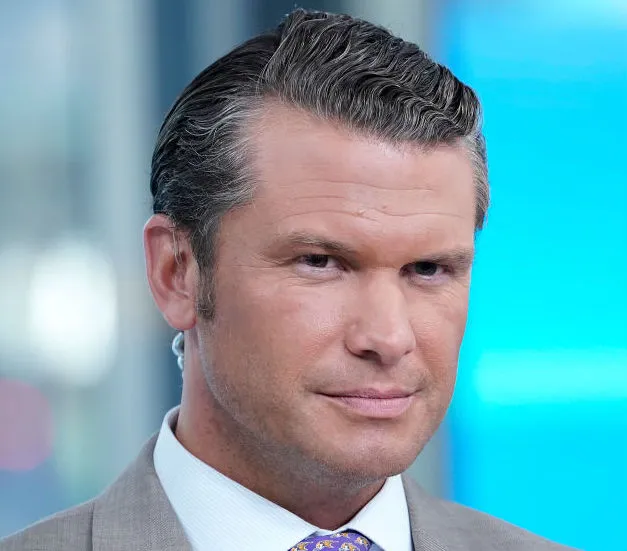In a dramatic step toward reshaping the federal government, former President Donald Trump has signed an executive order temporarily suspending all federal grants and loans. The freeze, set to take effect on Tuesday, has sent shockwaves through government agencies and institutions that depend on these funds for vital services.

This decision follows another bold move by Trump—pardoning and commuting sentences for numerous supporters involved in the January 6, 2021, Capitol riot. While some hail the pardons as a sign of loyalty, critics argue they undermine justice and send a troubling message about accountability.
The funding freeze, though controversial, aligns with Trump’s long-standing agenda to challenge government spending. Many believe this order is an attempt to shift federal financial priorities and strengthen his control over public funds.
The impact could be widespread, affecting sectors such as education, healthcare, infrastructure, and social programs. Hospitals, schools, and local governments that rely on federal funding may experience setbacks, while millions of Americans dependent on government loans for housing and education could face financial difficulties.

Although the Trump administration insists the move is necessary for evaluating expenditures, critics warn that it could disproportionately harm the most vulnerable. Many lawmakers worry that low-income communities, especially those dependent on federal aid, will bear the brunt of this decision.
Trump has previously used executive actions to push controversial policies, such as immigration restrictions and rollbacks of federal regulations. These orders often faced intense legal challenges, and experts predict the latest freeze will be met with similar opposition in the courts.
Political analysts suggest the timing of the executive order—coinciding with the Capitol riot pardons—raises questions about Trump’s motives. Some believe the freeze is a strategic move to solidify his influence while punishing opponents. Lawmakers from both parties have condemned the pardons, and many view the funding halt as an alarming precedent.

Despite the backlash, Trump’s supporters praise the decision, arguing that reckless government spending must be curbed. They point to rising national debt and excessive expenditures during the COVID-19 pandemic as proof that bold financial reforms are needed.
With legal battles likely, the future of federal grants and loans remains uncertain. The courts may ultimately decide whether the freeze holds, shaping the landscape of federal financial policy.
For now, Trump’s latest action reinforces his ongoing efforts to challenge Washington’s status quo. Whether this move helps or harms his political influence remains unclear, but for millions of Americans, the consequences of halted funding are already taking shape.


